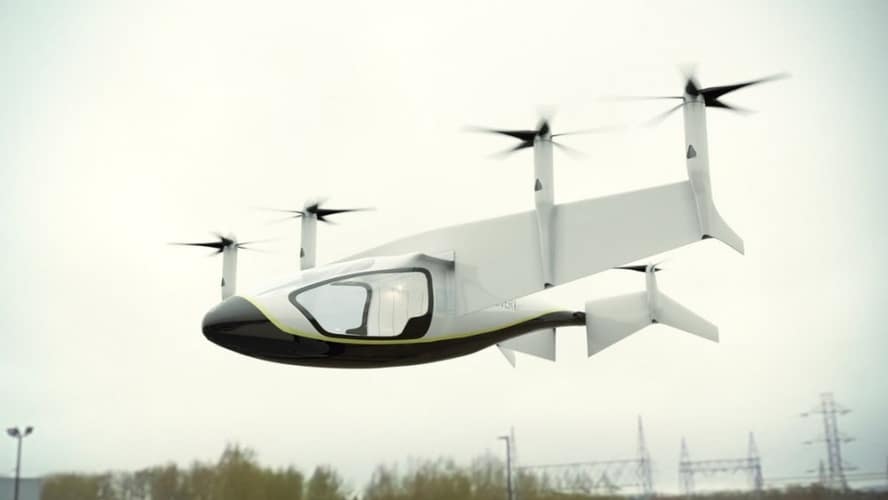
The hybrid aircraft, designed to carry four or five passengers, has an M250 gas turbine which delivers around 500kW of electrical power. This is used to drive six rotors that can provide both lift and propulsion, with the wings tilting forward 90 degrees once sufficient altitude has been reached. Four of the rotors can also fold into the wings, leaving two at the rear to provide thrust at cruising altitude while helping to reduce cabin noise. Top speed is estimated at 250mph and range is predicted to be 500 miles. According to Rolls, an onboard battery will bring additional climb power and will be recharged by the M250 engine.
“Electrification is an exciting and inescapable trend across industrial technology markets and while the move to more electric propulsion will be gradual for us, it will ultimately be a revolution,” said Rob Watson, head of Rolls-Royce’s Electrical team.
“Building on our existing expertise in electric technologies and aviation, Rolls-Royce is actively exploring a range of possible markets and applications for electric and hybrid electric flight. We are well placed to play a leading role in the emerging world of personal air mobility and will also look to work in collaboration with a range of partners.”
Rolls-Royce says that the EVTOL concept is based upon technology that either already exists or is currently under development. If a viable commercial model emerges, the company believes the vehicle could be in service by the early 2020s. Competition in the personal mobility segment is poised to be stiff, however, with companies such as Airbus and Uber having already announced plans, and the Google-backed Kitty Hawk undergoing trials in New Zealand. Last year, Dubai staged its first autonomous air taxi trial, and authorities there claim personal air mobility could transform the region over the next five years.










Klein Vision unveils AirCar production prototype
According to the Klein Vision website, they claim the market for flying cars will be $1.5 trillion by 2040, so at the top end $1 million per unit that...